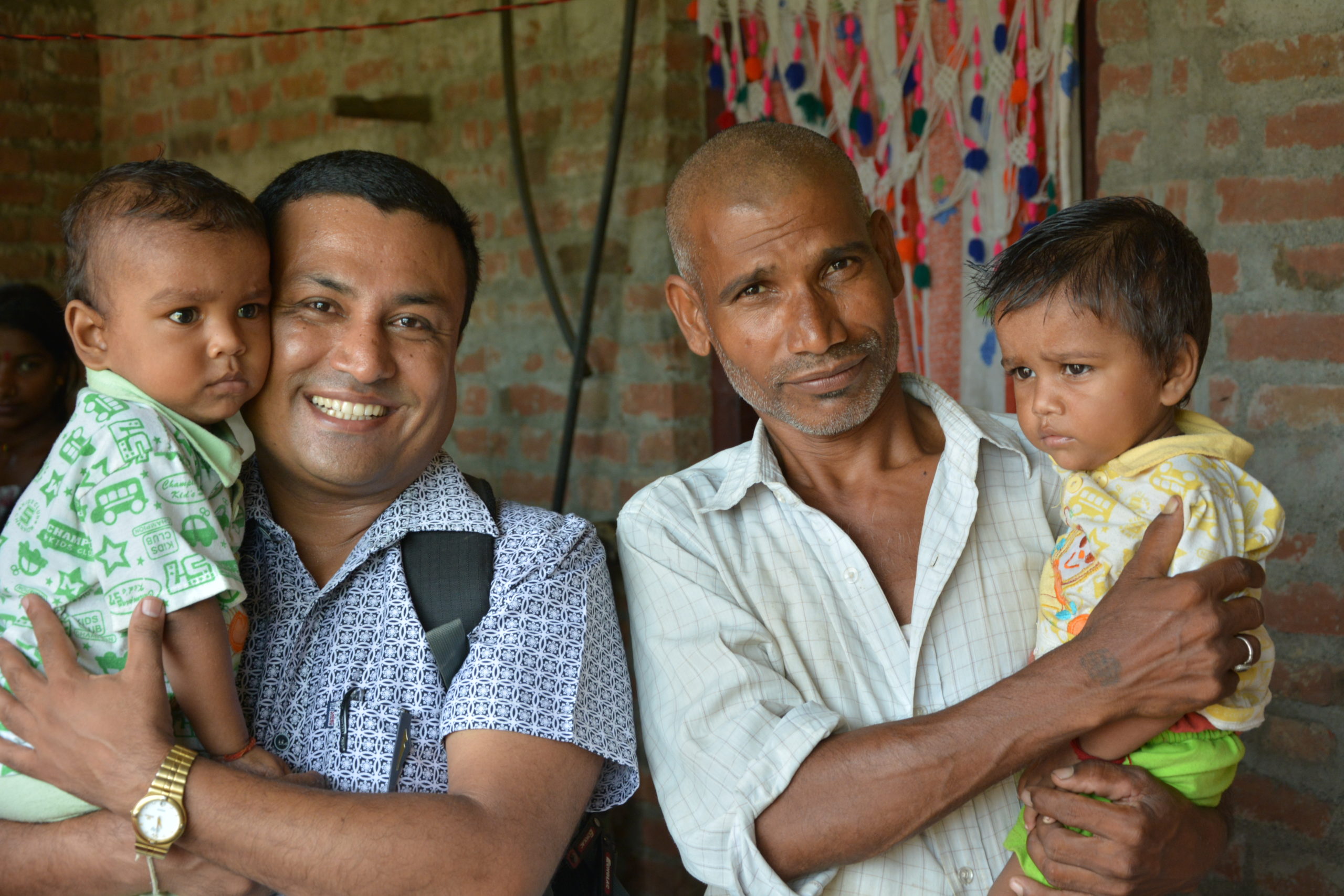HC3 addressed a number of pressing health needs: family planning; reproductive, maternal, newborn and child health; HIV and AIDS; malaria; Ebola and Zika. HC3 had field operations in 17 countries and provided technical assistance in another 17 countries. HC3 developed a suite of resources to support professionals in the field of social and behavior change communication, producing “how-to” guidance, eLearning tools, webinars and creating Springboard for Health Communication, a web platform for sharing health communication knowledge, expertise and resources.
HC3 was instrumental in convening the first-ever International SBCC Summit in Ethiopia in February 2016, which was attended by more than 600 social and behavior change communication practitioners. Building on that success, a Summit twice that size was held in April 2018. HC3 fostered vibrant communities of practice at the national, regional and global level supporting improved evidence-based programming and continued innovation in the countries where we work.
In its five years, HC3:
- Held capacity strengthening workshops for 6,000 people representing 451 community organizations; held countless webinars.
- Created 15 Implementation Kits, step-by-step guidance to help project managers implement social and behavior change programs in such areas as preventing malaria in pregnancy, preparing for a public health emergency and supporting breastfeeding.
- In Nigeria, worked to increase proven malaria prevention and treatment measures including the use of long-lasting insecticide-treated bed nets and indoor mosquito spraying via mass media interventions and community outreach activities.
- In Nepal, worked with youth, adolescents, migrants and marginalized and disadvantaged groups to reduce unintended pregnancies and increase the use of modern contraception to allow couples to better space the birth of their children.
- During Liberia’s Ebola epidemic, mobilized quickly to provide integral support with the coordination of Ebola response efforts, training for community-based health workers, and urgent messaging for the Liberian people. Now, HC3 is helping to initiate a health systems “restart” in West Africa to respond to Ebola, prepare for future public health crises and increase key health-seeking behaviors, including the use of health care services.



